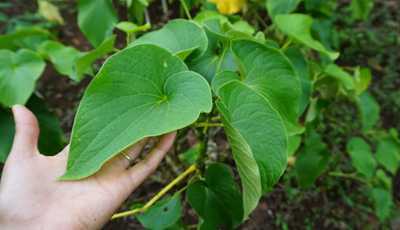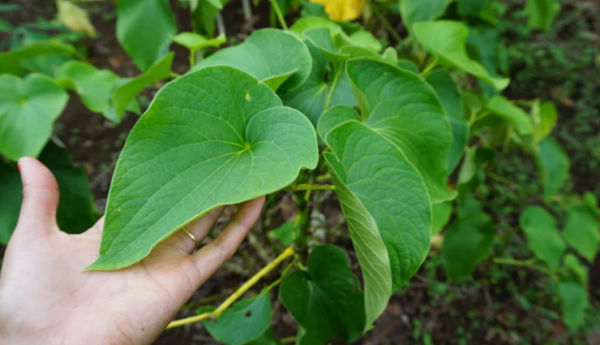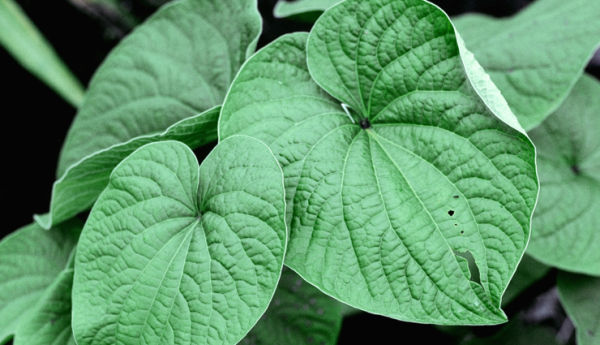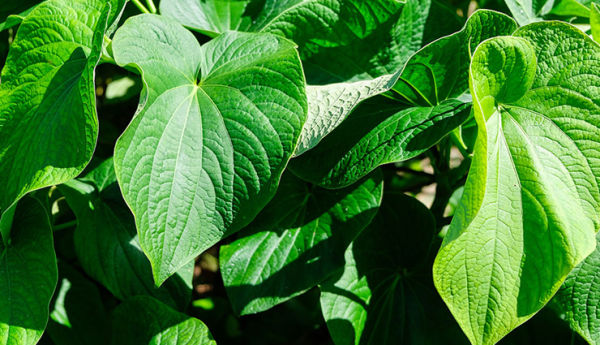

Kava (Piper methysticum) is a tropical plant native to the Pacific Islands, traditionally used for its calming and medicinal properties. While the roots of the kava plant are well-known for their health benefits, such as reducing anxiety, improving sleep, and promoting relaxation, the leaves are less commonly used due to potential toxicity concerns.
Kava leaves contain some bioactive compounds, but they are not the primary source of kavalactones—the key active ingredients responsible for kava’s therapeutic effects. In traditional Pacific Island cultures, kava leaves have been occasionally used in herbal remedies, but they are not widely recommended for consumption. Instead, the focus remains on the root, which is prepared into teas, extracts, or pastes for its sedative and anxiolytic properties.
While kava root is known for its ability to promote mental relaxation and ease stress, caution is advised due to possible liver toxicity with excessive or prolonged use. It is always best to consult with a healthcare professional before using kava-based products for health benefits.
Kava leaves, derived from the Piper methysticum plant, are not typically used for medicinal purposes; rather, it is the roots of the kava plant that hold significant health benefits. However, some traditional uses of kava leaves exist in Pacific Island cultures. Here are some potential benefits of kava, primarily from its root:

Health Benefits of Kava
# Reduces Anxiety & Stress – Kava contains kavalactones, which have calming and relaxing effects, helping to alleviate anxiety and stress.
# Improves Sleep Quality – It acts as a natural sedative and may be effective for treating insomnia.
# Relieves Pain & Muscle Tension – Due to its mild analgesic properties, kava can help with muscle relaxation and pain relief.
# Supports Mental Clarity – Unlike alcohol or other sedatives, kava can promote relaxation without impairing cognitive function.
# May Help with Depression – Some studies suggest that kava has mood-enhancing effects, potentially benefiting those with mild depression.

# Aids in Social Relaxation – Traditionally, kava is used in ceremonies to promote social bonding and relaxation.
# Potential Anti-Inflammatory Effects – Some research suggests that kava may help reduce inflammation, although more studies are needed.
Caution & Side Effects
* Liver Toxicity Risk – Excessive or prolonged kava use has been linked to liver damage.
* Drowsiness & Dizziness – High doses can cause excessive sedation.
* Avoid Alcohol & Medications – Kava should not be combined with alcohol or certain medications due to possible interactions.